Insurance companies selling business insurance offer policies that combine protection from all major property and liability risks in one package. (They also sell coverages separately.) One package purchased by small and mid-sized businesses is the business owners policy (BOP).
Package policies are created for businesses that generally face the same kind and degree of risk. Larger companies might purchase a commercial package policy or customize their policies to meet the special risks they face.
BOPs include:
Property insurance for buildings and contents owned by the company -- there are two different forms, standard and special, which provide more comprehensive coverage.
Business interruption insurance, which covers the loss of income resulting from a fire or other catastrophe that disrupts the operation of the business. It can also include the extra expense of operating out of a temporary location.
Liability protection, which covers your company's legal responsibility for the harm it may cause to others. This harm is a result of things that you and your employees do or fail to do in your business operations that may cause bodily injury or property damage due to defective products, faulty installations and errors in services provided.
BOPs do NOT cover professional liability, auto insurance, worker's compensation or health and disability insurance. You'll need separate insurance policies to cover professional services, vehicles, and your employees.
How can I insure my home-based business?
Let's face it. Launching and running a business takes capital, motivation and yes, even physical stamina to handle the stress and demands of a new or growing venture. And it's risky. In fact, one out of every five businesses fails within the first five years of opening.
Handling inventory, scheduling time, purchasing supplies, handling payroll -- there are a myriad of procedures every home or small business entrepreneur needs to know, but one of the most critical, and often neglected, is buying proper insurance coverage.
Taking a business inventory
What would happen if a fire or other disaster destroyed your property, making it impossible for you to get back to business right away? Would you remember what property had been destroyed? One way is by taking a complete inventory of all your personal business property, determining its value, and deciding what's worth insuring. Having an up-to-date business inventory will help you get your insurance claim settled faster, verify losses for your business' income tax return, and help you purchase the correct amount of insurance.
Start by making a list of personal business property, describing each item, and noting where you bought it and its make and model. Clip to your list any sales receipts, purchase contracts, and appraisals you have.
What's the right coverage for you?
Then there's the question of what types of coverages you'll need. Aside from personal business property, there is liability insurance, business income, insurance for the building, boiler and machinery, human failure, employee protection, and management protection, among others. The type of coverage you need depends on a number of factors, including what kind of business you operate.
How to Keep Costs Down
Start your search for a policy with trade associations or business groups. In many cases, these organizations are able to provide reduced insurance rates based on the volume of business they can offer the insurance company. They've also negotiated coverage specific to your type of business, which can save you significant time in determining what you should cover. Also, make sure that you are working with an agent that understands your type of business.
Additional Resources:

 Get a Quote
Get a Quote